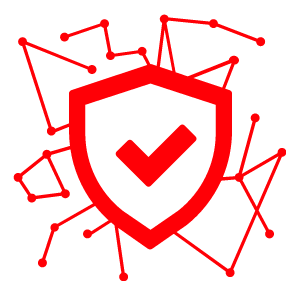The residents of Zuidhorn, a town of just under 8,000 in the northeastern Netherlands, had no idea what blockchain was.
“All we knew was that the blockchain was on its way and global changes awaited us,” one of the city officials said in an interview with the news weekly. “We had a choice: sit back or act.”
The residents of Zuidhorn decided to act. It was decided to “transfer to blockchain” the municipal program to help children from low-income families. To do this, the municipality attracted a student and blockchain enthusiast Maarten Veldhuijs for an internship.
His first task was to explain what blockchain is. When I asked him a similar question, he said that this is “a kind of system that cannot be stopped”, “a force of nature”, if you will, or rather, “a decentralized consensus algorithm.” “Okay, it’s hard to explain,” he finally admitted. “I told the authorities: ‘I’d rather make an application for you, and then everything will become clear.’
No sooner said than done.
The assistance program allows low-income families to rent a bicycle, go to the theater or cinema at the expense of the city, etc. In the past, they had to collect a bunch of papers and receipts. But Velthuijs’ app changed everything: now it is enough to scan the code – you get a bike, and the business owner gets money.
Suddenly, the tiny town became one of the “centers of the global blockchain revolution.” Media attention and even accolades followed: the city won the City Innovation Award and was nominated for Best IT Project and Best Civil Service.

